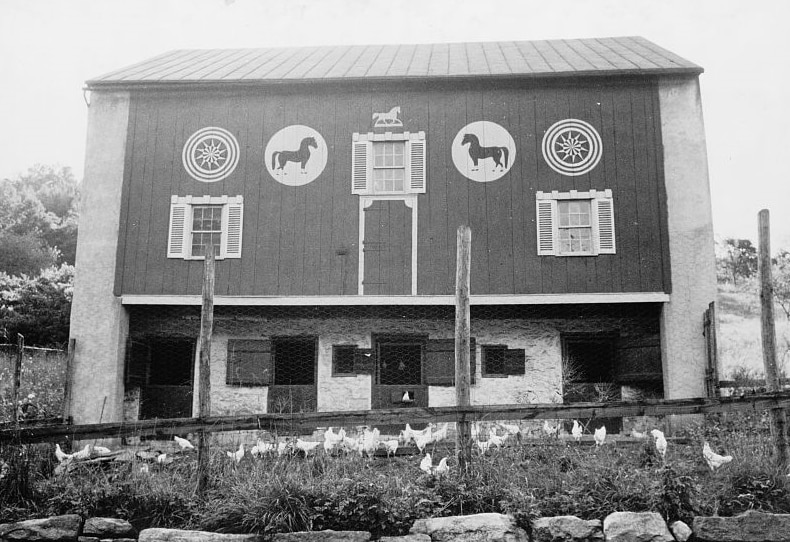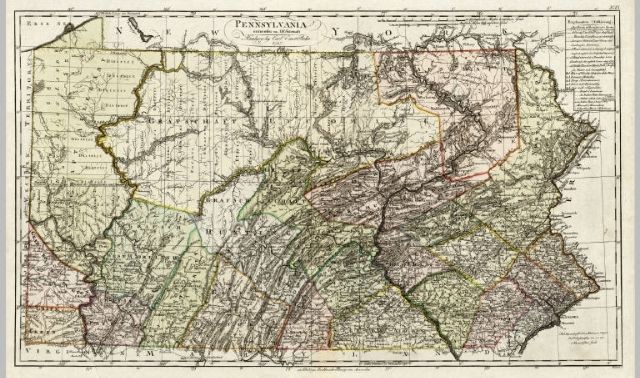Sign up for the Family Tree Newsletter Plus, you’ll receive our 10 Essential Genealogy Research Forms PDF as a special thank you!
Get Your Free Genealogy Forms
"*" indicates required fields

How can I research my Philadelphia police officer ancestor?
Q: Can you recommend research strategies to find photos and records of Philadelphia police officers from 1896 to 1916? I heard a police administrator had all the archived files thrown away in 1985.
A: Although Philadelphia’s pre-1981 police personnel files were indeed destroyed, a variety of records and dockets relating to the years you’re seeking still exist.
For early records, check with the Philadelphia City Archives. The most abundant records you’ll find there are roll books and roster books. The indexed roll books covering 1854 to 1907 show each officer’s name, badge number or rank, age, place of residence, political ward, assigned police district, date of appointment, and remarks such as removal, transfer, death or resignation. Roster books contain similar information, but cover only 1907, 1911,1921 and 1925. All but 1907 are indexed. The city archives also has more-specialized records, including the Officers’ and Surgeons’ Reports of Sick and Injured (1916 to 1918), New Patrolmen’s Book (1887 to 1895) and Substitutes Book (1881 to 1899 and 1903 to 1916).
According to Philadelphia genealogy researcher Sylvia F. Wilkins, no official photographs were taken of officers before 1953 unless the officers were part of a special unit. To inquire about photos taken after 1953 and for information on officers from 1981 on, you’ll need to write a letter to the Philadelphia Police Commissioner, Philadelphia Police Department, 1 Franklin Square, Philadelphia, PA 19106. Include the officer’s name, time period of service and any additional information that could help locate the record, especially if the officer had a common surname. The department contacts you to let you know whether it found a file and then notifies you of the fee for the search.
For photographs prior to 1953, look at the Free Library of Philadelphia’s Newspaper and Microfilm Center and the Philadelphia Bulletin at Temple University’s Urban Archives.
Answer provided by James M. Beidler, from the December 2006 issue of Family Tree Magazine
How can I research my Civil War ancestor from Fayette, Pennsylvania?
Q: According to his Civil War records, my great-grandfather was born in 1824 in Fayette, Pa., but I can’t find his family. What records could help me?
A: First, ascertain what place the Civil War papers reference: More than likely, the location is Fayette City, a Fayette County borough. But the papers could be referring to the county (which also has a hamlet named Fayette Springs), and there are three Fayettevilles, in the counties of Allegheny, Franklin and Lawrence. Because Pennsylvania had no civil vital records in this era, you need alternative strategies to find a birth record. Check the 1830 census and look for families with the same or phonetically similar surnames (especially if the family was of German descent—spelling variations may be extreme). Remember that this was still a “stroke mark” census—your ancestor should be in the category of “five and under 10” years, not listed by name. If this search helps narrow the possibilities—or if “Fayette” remains the only clue—the next step is to look for baptisms in church and pastoral records, many of which have been abstracted or even published. The Carnegie Library of Pittsburgh’s Pennsylvania Department is the leading western Pennsylvania library. You can access helpful information and its card catalog online.
If you can’t identify abstracted or published records, you might have to dig for records at individual churches. You can try county histories—such as Franklin Ellis’ 1882 work, History of Fayette County, Pennsylvania, available at the University of Pittsburgh Library. The Fayette County Genealogy Project also has lots of information.
Answer provided by James M. Beidler, from the November 2009 issue of Family Tree Magazine
ADVERTISEMENT


